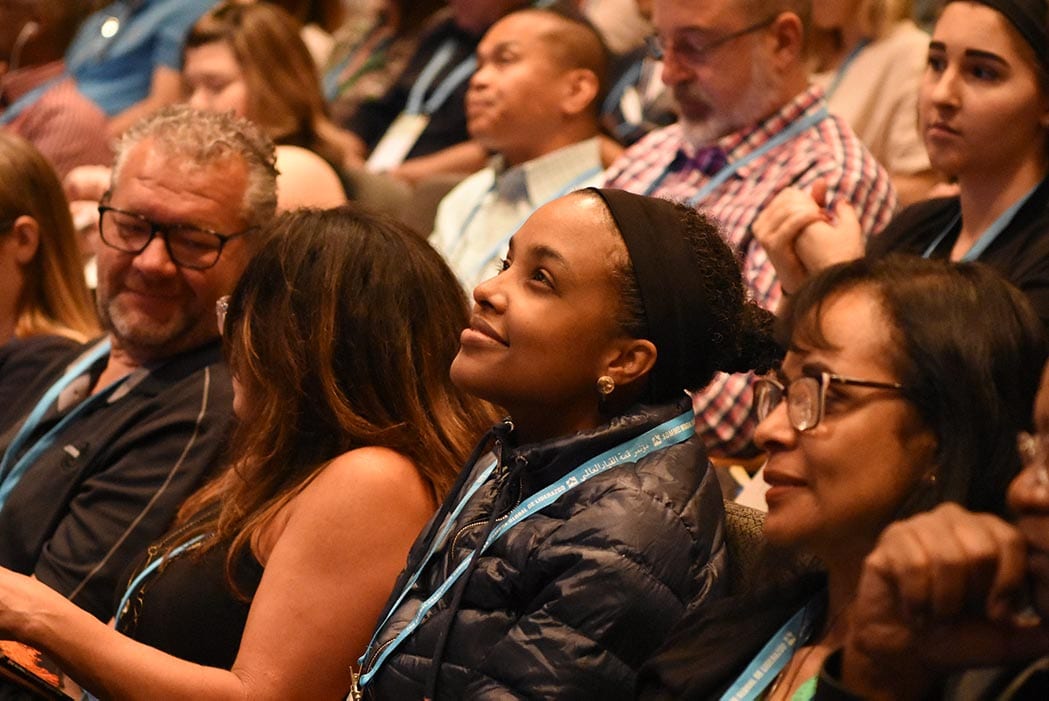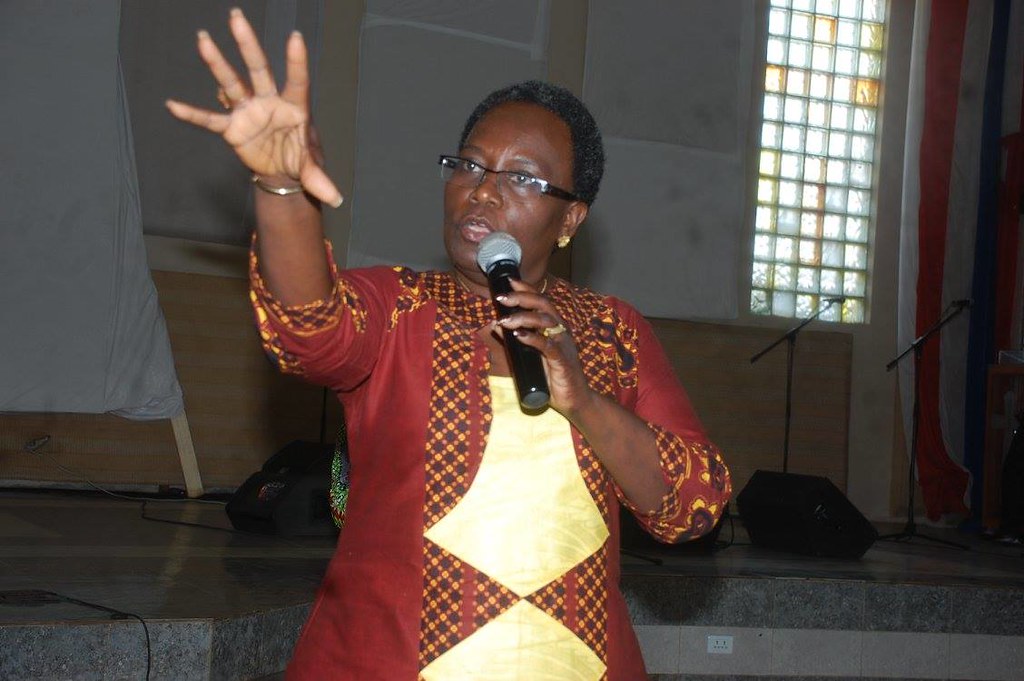
Every single day you take one step closer to finishing your current job.
It happened yesterday. It will happen tomorrow.
You’re getting closer to packing up the office, saying goodbye, changing your email address and starting over.
If that sounds a bit depressing, it shouldn’t be.
In fact, the most important task you have as a leader is finishing well.
If that sounds like I’m overstating it a bit, consider what happens when a leader finishes well:
- The team is positioned well for life without you.
- The organization is built around a mission not a person.
- The mission isn’t distracted by controversy.
- The systems you’ve built carry on without you.
- Momentum is sustained.
Knowing this, it’s ironic that the task of finishing well isn’t talked about enough in leadership circles. Perhaps it’s because we think of the finish line as something deep in the future. We can think about that when the time comes, right?
We honor the organization and the people we’ve served by finishing strong.
But the truth is leaving well is something that takes time. It doesn’t start when you put in your two-week notice.
It’s far deeper and more challenging than that.
Finishing well requires planning.
Finishing well requires vision.
Finishing well requires humility.
Finishing well requires character.
And it’s why, finishing well starts today.
Recently, I finished a 17-year chapter in my career at North Point Ministries where I served as lead pastor of three churches over that time. Earlier this summer, I announced I was stepping down to start my own company. Over the course of the next six weeks, I wanted to make sure I did everything I could to finish well by setting up Gwinnett Church, where I currently served, for their next chapter.
There were four strategies that really helped me in this season. I think they can help you as well.
1. The better you finish your current season, the better you begin your next season.
While it may be tempting to coast and go play golf every day after you announce your departure, I think that is a bad strategy. (Nothing against golf!) We honor the organization and the people we’ve served by finishing strong.
Additionally, I think it says something about our character and our emotional health if we choose not to finish strong. Both will follow us, good or bad, into our next season.
An emotionally healthy person is self-aware, honors others and completes the work assigned to them.
It’s why I gathered our Gwinnett Church leadership team a few days after I made my announcement and walked them through the work projects for my final six weeks. Here’s the list:
- Preach a three-part, vision-casting series called The Road Ahead.
- Lead three staff meetings.
- Host Sunday morning online gatherings.
- Meet individually with each of our 55 staff members thanking them for their contribution and asking if I could be of help to them in the future.
- Write birthday cards to our Guest Services volunteers.
I wanted the team to know I was going to honor them and the mission by finishing well. I asked them if there was anything they wanted to add to the list. And I made them this pledge, which I read out loud at that meeting:
“My pledge to you is to finish strong by completing the tasks assigned to me to the best of my ability, expressing gratitude to as many people as I can while leaving as quietly as possible.”
2. Finishing well requires a game plan for emotional health.
Emotions can run very high during a season of transition. It’s why you must start now to prepare yourself to be as emotionally healthy as possible when this season inevitably arrives.
We don’t drift toward emotional health. We must fight for it.
This is one of the reasons I hired a transition coach to help me not only prepare for the new venture I’m launching but to help me process the emotions I would feel along the way.
In many ways, my departure from Gwinnett Church was doubly hard because I love the people, the team and the mission. Even though my wife Wendy and I feel certain this decision is the right one, we will still miss the community we helped start there. Through this mixture of emotions, I asked my transition coach if this was unusual.
“An emotionally healthy person can hold joy and sorrow at the same time,” he said.
Joy and sorrow are great descriptions of this season of change for me. It’s why, with emotions running so deep during a transition, there must be a game plan now for when this season arrives for you.
It’s why it’s helpful to process questions like these:
- How are you fighting for your emotional health?
- Who really knows what’s going on inside of you?
- If you were to leave your current role within the next three months, how well do you think you would finish?
3. Don’t burn bridges.
Sure, it’s easy to think, “I’ll never work with these people ever again.” And, depending on the situation, it feels good to burn bridges. But don’t forget, when you burn a bridge the person who is most often burned is you.
But don’t forget, when you burn a bridge the person who is most often burned is you.
Take the high road even when others don’t take it with you.
4. Express gratitude.
Over the course of my last six weeks at Gwinnett Church, I wrote over 120 thank you notes to staff members there, and at North Point Ministries. I mailed them my last day. It was just a small way of saying thank you one final time, and one additional way to honor them individually.
One of the best gratitude principles I’ve ever heard is from Andy Stanley: “Unexpressed gratitude communicates ingratitude.”
Finishing well requires expressing gratitude.
Now, I know for many of you, this doesn’t seem like an urgent matter. I get it. But don’t forget. Finishing well is your most important task because the true test of your leadership is what happens when you’re no longer there.
And guess what? You’re closer to your final day now than when you started reading this.
It’s why finishing well starts today.



 “I used to think God could never use me—that I’d never find my place, my calling, be mentored or have a tribe. But today, because of Him and because of generous communities like the men and women who are a part of the Global Leadership Network, I learned that Jesus loves girls like me.
“I used to think God could never use me—that I’d never find my place, my calling, be mentored or have a tribe. But today, because of Him and because of generous communities like the men and women who are a part of the Global Leadership Network, I learned that Jesus loves girls like me. 












Recent Comments